By: Briera Nix
Anxiety is defined as “’an emotion characterized by feelings of tension, worried thoughts, and physical changes like increased blood pressure’” (Adam Felman, 2020). Although anxiety is a disorder characterized by the DSM5, it is not always classified as one. In fact, anxiety is completely normal and can be seen as essential for survival when we are placed in situations that can be harmful and/or cause worry. For example: Let’s say in the midst of you hiking a trail, a predator approaches you. The imminent danger you sense “sets off alarms in [your] body… [and] causes a rush of adrenalin, a hormone and chemical messenger in the brain, which in turn triggers these anxious reactions in a process called the ‘fight-or-flight’ response” (Adan Felman, 2020). The fight-or-flight response is what helps us confront or flee from any danger or threats and potentially helps save our lives in dangerous situations.
Although fleeing from predators might have been more of a concern decades ago, “anxieties now revolve around work, money, family life, health, and other crucial issues that demand a person’s attention” (Adam Felman, 2020). The worry you feel in difficult situations and/or everyday life that causes you to experience anxiety symptoms is another version of the fight-or-flight response that can be essential in certain situations. However, when it starts to become too intense, overwhelming, and begins to disrupt your day to day life, that’s when you should start seeking treatment. According to the Anxiety and Depression Association of America, “72 percent of people who have daily stress and anxiety say it interferes with their lives at least moderately” (2010-2020). As Dr. Gupta from Premier HealthNet once stated, “’it’s one thing to say, ‘I have a test in a week and I’m worried about it.’ But another thing to say, ‘I have a test in a week and I’m so nervous that I’ve stopped studying for other classes, interacting with family, sleeping and eating.’ That’s what qualifies as a disorder’’ (2016).
Unfortunately, there are no tests out there to determine which specific anxiety disorder you may or may not have. However, a professional can determine the diagnosis by asking a series of questions to help identify the intensity and duration of the symptoms. Determining the exact cause of the anxiety disorder can be difficult, but possible sources are environmental stressors, genetics, and medical factors. Although the exact causes can be complicated, the treatments for anxiety are fairly simple. Most anxiety symptoms can be treated simply by incorporating lifestyle and behavioral changes. Examples of these changes include tackling stressors by prioritizing and/or reducing the triggers, limiting the amount of caffeine you consume on a daily basis, establishing a stable sleep routine, exercising, participating in therapeutic hobbies (such as music, art, and reading), self-care, and etc. In cases where lifestyle and behavioral changes aren’t enough, medication exists as an additional option. However, most professionals believe that “by simply evaluating [your] life,” a sense of relief can be found (Premier Health, 2016).
Overall, it is important to remember that anxiety is a normal feeling that everyone experiences at some point during their everyday life. Whether it’s a fear of not getting an assignment completed at work on time or worry of not being able to consistently pay bills when they’re due, anxiety is a healthy emotion. It only becomes problematic when your worries, fears, and tension start to become unsettling and severely effect your day to day functioning.
If you are personally struggling with anxiety and/or know someone who is struggling with anxiety, whether it be severe or not, I would like to leave you with this quote by Jodie Picoult:
“Anxiety’s like a rocking chair. It gives you something to do, but it doesn’t get you very far.”
As that quote sits with you, remember to breathe and take it day by day. Be gentle with yourself. The key is to find out what works best for you and sometimes that just takes time. The easier you are on yourself, the more strength you will find within you.
References:


